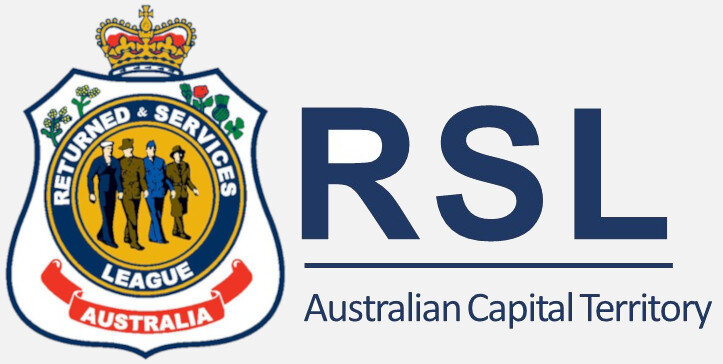Balancing Work and Mental Wellbeing
A veteran’s guide to protecting your mental health in the civilian workforce.
Transitioning from military to civilian life is a significant change for any veteran. It involves not just a career shift but also adapting to a new way of living and working.
The RSL Veterans' Employment Program understands the unique challenges our veterans face during this transition, especially concerning balancing work and maintaining mental wellbeing. This guide is dedicated to helping our veterans navigate these challenges effectively.
Understanding the Transition
The Shift from Military to Civilian Work
The first step in balancing work and mental wellbeing is understanding the nature of the transition from military to civilian employment. Military life is structured with clear hierarchies and a strong sense of purpose. Civilian work, on the other hand, often offers more flexibility but less structure, which can be both freeing and disorienting.
Embracing New Work Cultures
Adjusting to a new work culture is crucial. In the civilian sector, decision-making may be less hierarchical, and communication styles can be vastly different. It's important for veterans to familiarise themselves with these new norms, so they feel less disorientating.
Read more about the cultural differences between the ADF and the civilian workforce in this article.
Mental Health Challenges
Veterans often face mental health challenges such as PTSD, anxiety, and depression. Recognising these challenges and understanding how they can impact work life is critical.
The Department of Veterans’ Affairs has compiled available mental health support services and resources for veteran – check them out here.
Strategies for Balancing Work and Wellbeing
Setting Realistic Goals
Transitioning veterans should set realistic career goals. Understand your skills and how they transfer to civilian jobs. Don't rush into a career, rather take the time to find a role that suits your skills and interests. Career navigation is one of the services of the RSL Veterans’ Employment Program; our expert career coaches can work with you to discover what you’re best suited to and qualified for.
Read our tips for translating your military experience for a civilian CV in this article.
Building a Support Network
A strong support network is invaluable. Connect with fellow veterans who have undergone similar transitions, and don't hesitate to seek professional guidance.
Mental Health Management
Recognising Symptoms and Seeking Help
Awareness of mental health symptoms and seeking help is vital. Veterans should be encouraged to seek support from mental health professionals when needed. The link again for available services is here.
Incorporating Wellbeing Practices
Incorporate practices that enhance mental wellbeing, such as regular exercise, a balanced diet, mindfulness, and adequate rest.
Work-Life Balance
Finding a balance between work and personal life is crucial. Set clear boundaries between work and home life to ensure you have time to relax and recharge.
Navigating the Workplace
Communication Skills
Developing strong communication skills is essential in the civilian workplace. This includes expressing your needs and boundaries to your employer.
Advocating for Yourself
Don’t hesitate to advocate for yourself in the workplace. This includes negotiating for flexible working arrangements if needed to maintain your mental wellbeing. That might mean work from home days, flexible start and finish times, etc.
Continuous Learning and Development
Embrace continuous learning and development opportunities. This not only enhances your career prospects but also helps in personal growth and sense of fulfilment, which is ultimately beneficial to your mental health.
Need to brush up on your digital literacy to excel in the civilian workforce? Check out our cheat sheet here.
Overcoming Challenges
Dealing with Stigma
While this is broadly improving across our society, unfortunately there may still be stigma associated with mental health issues in certain workforces. It's important to remember that seeking help is a sign of strength, not weakness.
Adapting to Change
Change is inevitable in the transition to civilian life. Embrace it as an opportunity for growth and development. See our tips for making a career change as a veteran in this article.
You’ve got this!
The journey from military to civilian life is unique for every veteran. Balancing work and mental wellbeing is a crucial part of this journey. By setting realistic goals, building a support network, managing mental health, and navigating the workplace effectively, veterans can successfully make this transition.
And remember, the RSL Veterans' Employment Program is here to support you every step of the way. We provide free career services to veterans, their partners, and their immediate family members. From career navigation to employer connections, we’ve got your back.
Want to see more content like this? Check out all our veterans’ employment articles here.


